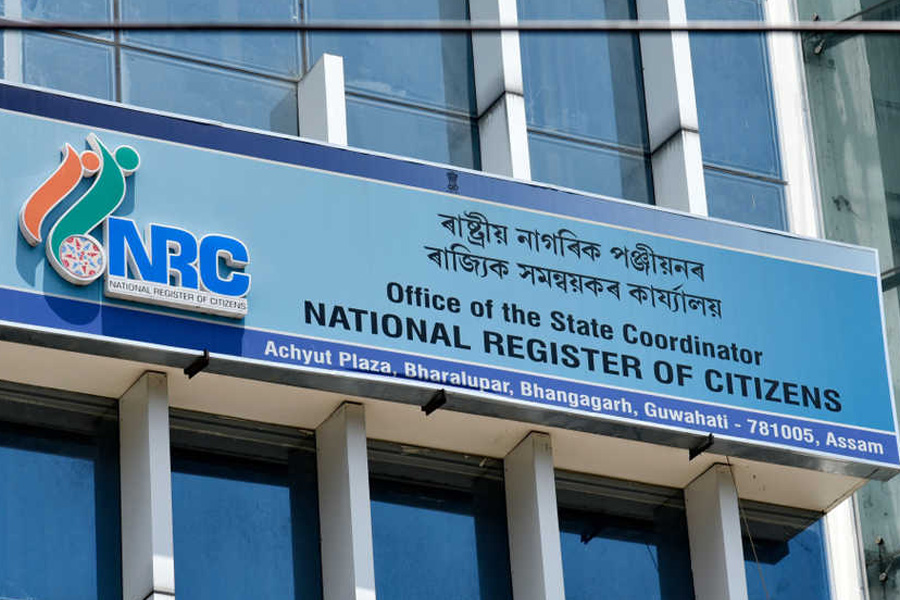
This paper seeks to understand how dominant nationalisms and the state produce volatile paper citizenship regimes, and use law–as a reified transcendental performance of social will–to construct the ‘minority citizen’ through categories of ‘belonging’ and ‘citizenship’.
Authors
Suraj Gogoi, RV University, Bengaluru, India.
Rohini Sen, Associate Professor, Jindal Global Law School, O.P. Jindal Global University, Sonipat, Haryana, India.
Summary
This paper analyses the historical antecedents, character and implications of Assam’s National Register of Citizens as a socio-legal instrument. It seeks to understand how dominant nationalisms and the state produce volatile paper citizenship regimes, and use law–as a reified transcendental performance of social will–to construct the ‘minority citizen’ through categories of ‘belonging’ and ‘citizenship’.
The paper does this by analysing three typologies of the law-society interaction. First, it examines what/who is a citizen from within law. Second, it critiques the mythology of law by giving an account of belonging and suffering of minority citizens without law. Third, it foregrounds peripheral subjectivities by offering an account of minority citizenship beyond law
Published in: Journal of Ethnic and Migration Studies
To read the full article, please click here.

